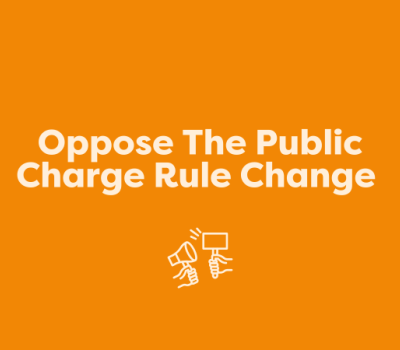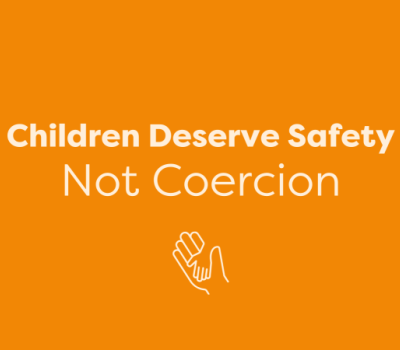Invest in Communities, Not Deportation
The latest budget proposals in Congress threaten to remove essential programs that support our communities while ramping up immigration enforcement. These decisions will have devastating consequences, particularly for immigrant families across the country.
In Utah, home to approximately 304,900 immigrants [1], around one in three immigrants are undocumented [2]. Many families live in mixed-status households, meaning mass deportations and restrictions on immigrant access to services won’t just impact individuals—they will harm entire communities in our state.
Two weeks ago, the Senate approved the FY 2025 budget resolution, allocating a staggering $350 billion for immigration enforcement. Rather than investing in legal pathways for immigrants, these funds will fuel increased deportations and for-profit detention facilities.

To put this into perspective, this budget exceeds the average annual funding for ICE and CBP over the past 20 years by more than 17 times. Between 2003 and 2023, annual funding averaged $20.45 billion—yet this resolution effectively condenses nearly two decades’ worth of funding into just one year. In fact, the 2025 budget allocation is about 85.57% of the total 20-year funding for ICE and CBP, meaning it nearly matches two decades’ worth of enforcement spending in a single year.
Just last week, the House passed its budget reconciliation proposal, which includes a $90 billion increase for the Homeland Security Committee. At the same time, it could slash funds for essential service programs like Medicaid, Medicare, and SNAP, leaving millions of families vulnerable [3].
Attacking Critical Safety Net Programs for Immigrants
As part of the federal budget process, Congress is proposing the following cuts to safety net programs while considering reducing immigrant families’ eligibility for public assistance:
- Child Tax Credit (CTC) Cuts: Lawmakers may attempt to strip the CTC from children whose parents lack Social Security numbers (SSNs) valid for employment. This would unfairly deny U.S. citizen children the same financial support their peers receive, raising taxes on immigrant families and worsening economic instability. The CTC is essential in helping parents afford food, housing, and child care.
- Reinstating the Trump-Era Public Charge Rule: Some legislators want to bring back the public charge rule, which discouraged immigrants from accessing health and nutrition programs out of fear it would jeopardize their ability to obtain a green card. This rule did not affect actual eligibility but was a scare tactic that left many families sicker, hungrier, and less stable. Reinstating it wouldn’t save money—it would simply drive away people who qualify for assistance.
- Stripping Health Coverage from Immigrants and DACA Recipients: Congress is considering removing Affordable Care Act (ACA) access for many lawfully present immigrants and DACA recipients. One proposal would eliminate Advance Premium Tax Credits, making health insurance unaffordable for many. DACA recipients only became eligible for ACA coverage in 31 states (including Utah) last year, and more than 20% were uninsured before that expansion. Cutting off this access would once again leave thousands struggling with untreated health conditions and medical debt.
The Urgent Need to Fight Back
As the budget reconciliation process continues, we urge community members in our state to take action and let your Senators and Representatives know that instead of slashing funding for programs like Medicaid and the Child Tax Credit, lawmakers should focus on investing in communities, expanding legal pathways for immigrants, and ensuring all families have access to healthcare and economic stability.
Footnotes:
[1] https://map.americanimmigrationcouncil.org/locations/utah/#immigrant-family-fellows
[2] https://www.migrationpolicy.org/data/unauthorized-immigrant-population/state/UT
[3] https://www.cbsnews.com/news/house-budget-resolution-republicans/












